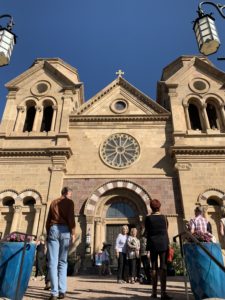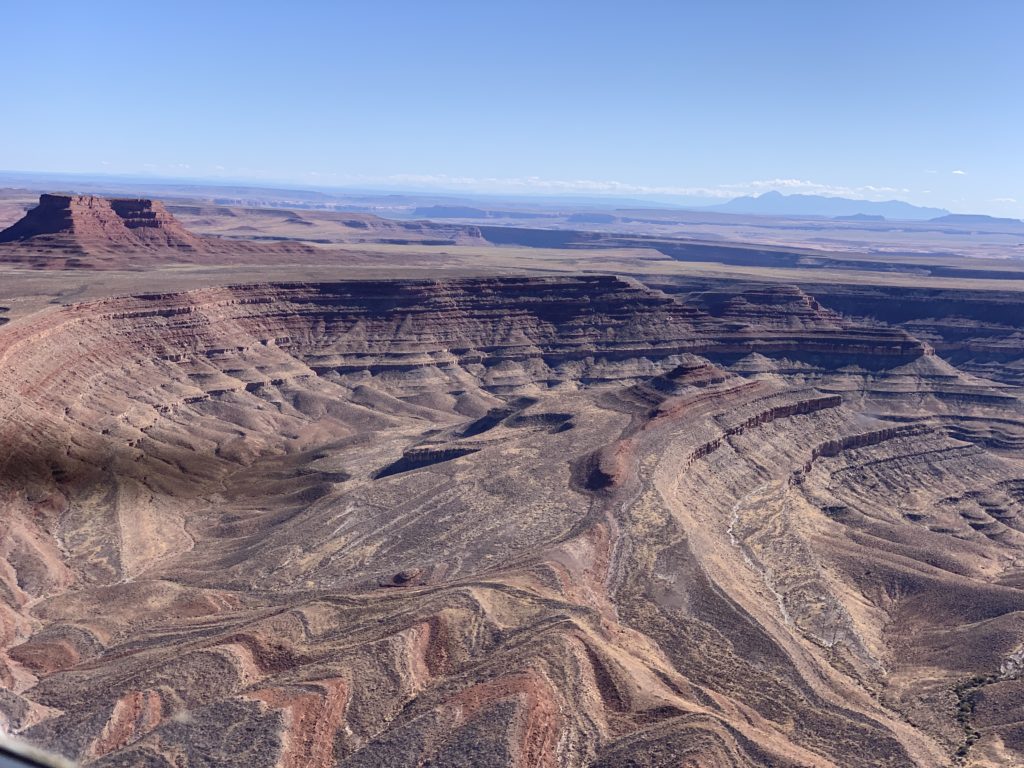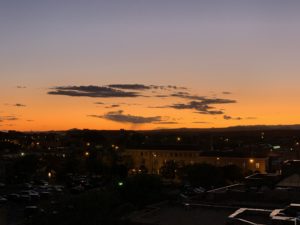
Of course this isn’t to be my final Hallelujah, as far as I know; but my final thoughts after a week of reflection, study, and mediation on the poem and melody of Leonard Cohen entitled simply and profoundly, Hallelujah.
Of note to me, the song is going round and round in my head in this Christmas season 2019. I’m not sure why? But it gives me joy, peace, pause, and wonder.
I’ll share with you the best article I’ve found about the song, a 2015 Newsweek article by Zach Schonfeld. It’s insightful though written primarily about the song’s musical attributes and its popularity, from a secular point of view.
Schonfeld notes, “The album on which it appeared, the murky, mid-career Various Positions, had been rejected wholesale by Columbia Records in the U.S., and when it finally was released, “the song was still generally ignored,” as Alan Light notes in his 2012 book The Holy or The Broken.“

The Holy or the Broken? That’s an insightful title for a book about the song. It’s also telling that the album on which it first appeared was entitled “Various Positions” isn’t it? Since he’s Jewish, to begin with, and the song, albeit quite short, addresses simply and profoundly the issues of God, the Bible, human sexuality, the philosophy of life and one’s earth journey, admissions of struggle and failures, and yet seems to somehow point to God as the answer from start to finish. Purposely it would seem, and honestly, in a mysterious and understated way. And people definitely have “various positions” on these issues— he did apparently.
Light would go on to say, “John Cale and Jeff Buckley, then dozens and hundreds of others lifted the song out of obscurity” but it is “something more mysterious that cemented its status as a modern standard, appearing on American Idol and in synagogue services in equal measure. It has become ubiquitous. Tallying versions by Cohen and plenty of others, Light estimates “Hallelujah” has been listened to hundreds of millions of times on YouTube alone.”

The Newsweek article goes on to list “60 notable recordings of it that are readily available online and ranking them from worst to best.” 🙂 Feel free. For our purposes here I’m going to list and link my two favorites at the bottom, then one in Cohen’s own voice, as well as the lyrics he settled on and a few quotes that reflect on the man.
Etymology of Hallelujah
It doesn’t seem right to leave the song without a good look at the meaning of its famous title and course. It’s a Hebrew word lifted directly from that ancient language and dropped into English, simply transliterated as “praise the LORD.”
Wikipedia adds, “In the Hebrew Bible hallelujah is actually a two-word phrase, not one word. The first part, hallelu, is the second-person imperative masculine plural form of the Hebrew verb hillel. However, “hallelujah” means more than simply “praise Jah” or “praise Yah”, as the word hallel in Hebrew means a joyous praise in song, to boast in God.”
“In Psalm 148:1 the Hebrew says “הללו יה halelu yah”. It then says “halelu eth-YHWH” as if using “yah” and “YHWH” interchangeably. The word “Yah” appears by itself as a divine name in poetry about 49 times in the Hebrew Bible (including halelu yah), such as in Psalm 68:4–5 “who rides upon the skies by his name Yah” and Exodus 15:2 “Yah is my strength and song”. It also often appears at the end of Israelite theophoric names such as Isaiah “yeshayah(u), Yahweh is salvation” and Jeremiah “yirmeyah(u), Yahweh is exalted”. The word hallelujah occurring in the Psalms is therefore a request for a congregation to join in praise toward God. It can be translated as “Praise Yah” or “Praise Jah, you people”.
With Cohen’s Hebrew roots and his love for poetry, there can be no doubt the word was well understood and meaningfully used with sincere intentionality. When it’s sung and heard, it seems all creation and the Creator pause with a heart smile to take note. The best is yet to be.
“Let everything that has breath praise the Lord. Praise ye the Lord!” (Psalm 150:6)
Hallelujah הללויה
Hallelujah – Pentatonix
Regina Spektor
Leonard Cohen
Hallelujah Lyrics
“There is a crack in everything, that’s how the light gets in.”
“Poetry is just the evidence of life. If your life is burning well, poetry is just the ash.”
Leonard Cohen







